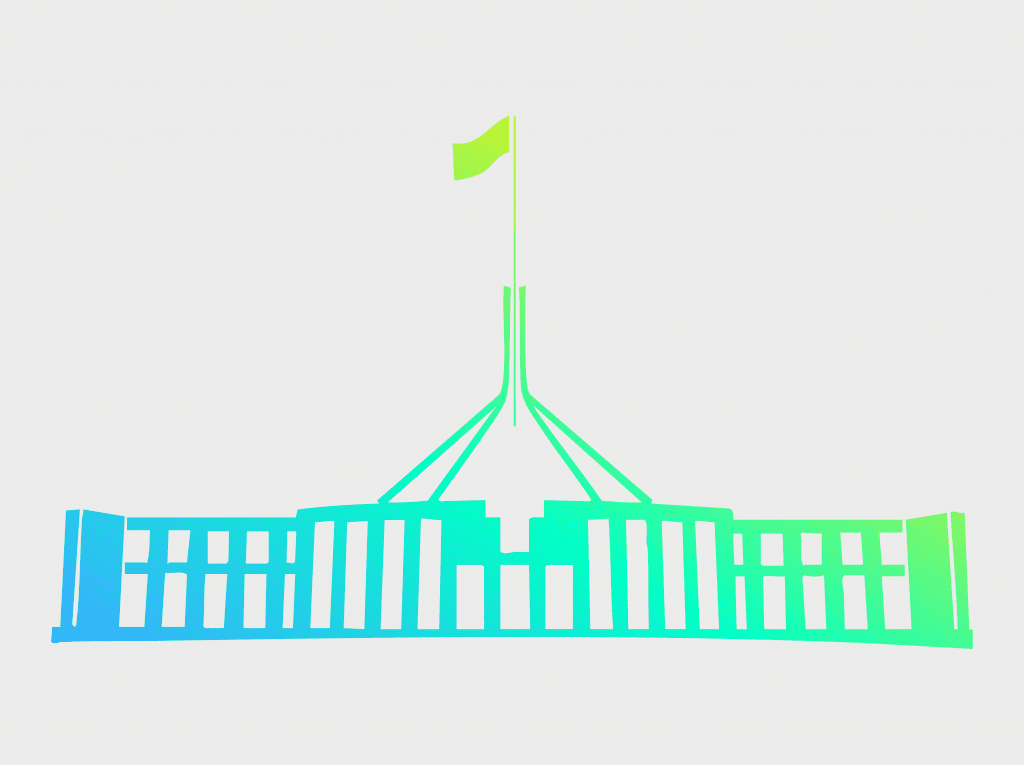Book your spot at our upcoming Not-for-Profits Conference – February 26th
-
About us
BG Private is an AFR Top 100 accounting, audit, and advisory firm.
-
Our history
We have a proud 45-year history. Learn more about our journey here.
-
Our purpose statement
Discover our client service ethos, and the philosophy that drives us.
-
Need a guest speaker?
Our experts can present on a range of topics. Find out more here.
Services for businesses
-
Accounting & Business Advisory
Discover how our accounting and advisory services can help your business grow and reach its goals.
-
Audit & Assurance
Find out how we can assist you with your audit, assurance, and statutory reporting requirements.
-
Tax Advisory
Learn how we can answer your complex tax questions with our specialist insights and advice.
-
Corporate Advisory
Find out how our strategic and operational involvement can help your business maximise its value.
-
Private Equity
Learn how we generate healthy returns for investors by backing ambitious SME founders.
-
Property Advisory
Discover how we can help maximise your property portfolio with insights, strategy, and transaction support.
-
Bookkeeping
See how our bookkeeping services can help your business run smoothly so you can focus on growth and profitability.
-
Management Accounting
Discover how our Management Accounting service empowers business owners to make smarter, data driven decisions.
-
CFO Advisory
Discover how our CFO Advisory service can guide your decision-making and create lasting value for your company.
Services for individuals
-
Accounting Services
Discover all the ways we can help you navigate and optimise your tax matters.
-
Tax Advisory
Learn how we can answer your complex tax questions with our specialist insights and advice.
-
SMSF Management
Discover how we can help with the administration of your Self-Managed Super Fund.
-
Financial Planning
Find out how we can help you reach your financial goals.
Industries
-
Music & entertainment
Find out how we take care of the numbers so you can get back to playing the numbers.
-
Professional services
Explore how we can take care of the books so that you can spend more time on your clients.
-
Manufacturing, wholesale & retail
We can make your life easier while you make things for us all.
-
Property, construction & trades
We can help you build your financial future while you help build Australia.
-
Tech, media & creatives
Learn how we can take care of the “boring but important” so you can focus on making magic.
-
Hospitality
Read up on all the services we have for you, so you can get back to serving your guests.
Business types
-
SMEs
Learn how we partner you along your journey to help you create a thriving business.
-
Not-for-profits
Learn how we can help with your accounting and audit needs so you can focus on helping others.
-
Family businesses
Discover how we can help you every step of the way as you build a legacy-leaving family business.
-
Australian businesses overseas
We can help you navigate the exciting process of expanding overseas.
-
Foreign companies in Australia
We can help you set up and run your operations Down Under.
-
Articles
Read the latest BG updates and interesting articles from our expert advisors.
-
Case studies
See examples of how we have helped clients to learn how we can help you as well.
-
Video & podcasts
Get the latest insights from our experts on a range of topical money matters.
-
Events
Discover our upcoming events including webinars, in-person events, and fundraisers.
-
Newsletters
Catch up on our recent client newsletters which cover important news and updates.
-
Why choose us
Find out how we can help grow your career, and learn about our rewards and benefits.
-
Current opportunities
We are always looking for talented people! Browse our vacancies and apply today!
-
Recruitment process
We like to make the recruitment process as seamless as possible. Learn more here.
-
Experienced professionals
Find out why BG Private is a great place for seasoned professionals.
-
Graduates
Apply what you’ve been learning to real-world cases – launch your career with us!
-
Interns
If you’re studying Accounting, kick-start your career with an internship at BG Private.
Federal Budget 2025: Key Takeaways
- 26 March 2025
- by Tim Olynyk | Partner | Tax Advisory
- 3-minute read
On 25 March 2025, Jim Chalmers delivered the 2025/26 Federal Budget. With a Federal Election looming and with uncertainty on the outlook of the global economy, the Government has delivered a Federal Budget focussed on cost-of-living relief measures rather than fundamental tax reform measures. Read more in our roundup on the Federal Budget below.

Jim Chalmers projected that the 2024/25 financial year would deliver a budget deficit of $27.6 billion increasing to a projected budget deficit of $42.1 billion for the 2025/26 financial year and continued budget deficits for the following 10-year period.
It is worth noting that in the 2025/26 Federal Budget and consistent with recent budgets handed down, the Government is committing substantial amounts of funding to the ATO to increase its resources. Going forward, the ATO will be using these funds to improve data matching programs and to conduct more reviews and audits of taxpayers. Specific programs announced in the Federal Budget include the Tax Avoidance Taskforce, the Shadow Economy Compliance Program, and the Personal Income Tax Compliance Program.
Some of the key measures announced in the Federal Budget that may be relevant to you include:
Personal measures
- The Government announced that if it is re-elected into Government, it will reduce the 16% marginal tax rate to 15% from 1 July 2026 and from 15% to 14% from 1 July 2027.
- As compared to the 2026 financial year, a worker on the average wage or above will obtain a tax saving of $267.99 in the 2027 financial year and a further tax saving of $267.99 in the 2028 financial year (resulting in a total tax saving of $535.98 in 2028).
- For the 2024/25 financial year, the Government has announced that the low-income Medicare threshold will increase from $26,000 to $27,222 for singles and from $43,846 to $45,907 for couples with no children.
- The Government has committed to providing substantial funding to expand Medicare, providing greater access to bulk-billed GP services and reducing out of pocket expenses for most individuals.
- The energy bill rebate which was introduced in the 2024/25 Federal budget will be extended for another year. While the energy bill rebate was $300 in the 2024/25 year, the energy bill rebate will now be $150 for the 2025/26 financial year.
Business measures
- It would appear that the Small Business $20,000 instant asset write-off concession will not be extended to the 2026 financial year meaning that small businesses will be required to capitalise all business asset purchases of greater than $1,000.
- While not a tax measure, it is interesting to note that the Government announced that non-compete clauses contained in employment contracts for those employees earning less than $175,000 will be banned from 2027.
- Like individuals, businesses will benefit from a $150 energy bill rebate for the 2026/26 year.
Superannuation measures
No new superannuation reform measures were announced in the Federal Budget.
International measures
- In the 2024/25 Federal Budget, the Government made an announcement relating to extending the application of Capital Gains Tax to foreign resident taxpayers and in particular, the type of investments that non-residents would pay Capital Gains Tax on. In the 2025/26 Federal Budget, the start date of these measures has been deferred until the actual legislation is enacted.
- Starting from 1 April 2025, the Government has announced a 2-year ban on foreign persons (including temporary residents and foreign owned entities) purchasing established residential dwellings from 1 April 2025.
Contact us
If you have any further questions relating to how the 2025 Federal Budget might affect you, contact your usual BG Private advisor, or contact our Tax Advisory Partner Tim Olynyk on +61 3 9810 0700 or
About the author
Tim Olynyk
Other articles you might like
What is tax audit insurance, and what are the benefits?
Tax audit insurance helps cover the cost of professional fees associated with an ATO audit so it’s important to get...
Victorian State Budget 2025/26: Key Takeaways
The Victorian State Government has just released its 2025 Budget. These are the key takeaways.
Vacant residential land tax is coming to all of Victoria from 2025
Vacant residential land tax is an extra tax on certain residential properties that remain vacant for 6 months or more...
